- Overview
- MASLD and MASH
- Tests & Diagnosis
- Treatment and Prevention
- Complications
- Appointment Prep
- View Full Guide
14 Best and Worst Foods for Your Liver



Oatmeal
Food with lots of fiber can help your liver work at its best. Want one that's a great way to start your day? Try oatmeal. Research shows it can help you lose weight, including belly fat, if that's your goal. This can be a good way to help keep away liver disease.
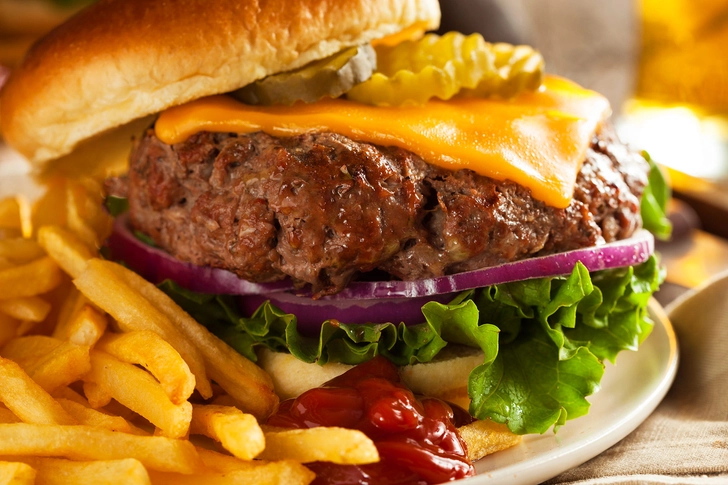
Stay Away From Fatty Foods
French fries and burgers are a poor choice to keep your liver healthy. Eat too many foods that are high in saturated fat and it can make it harder for your liver to do its job. Over time it may lead to inflammation, which in turn could cause scarring of the liver that's known as cirrhosis. So next time you're in the drive-thru line, think about ordering a more nutritious option.
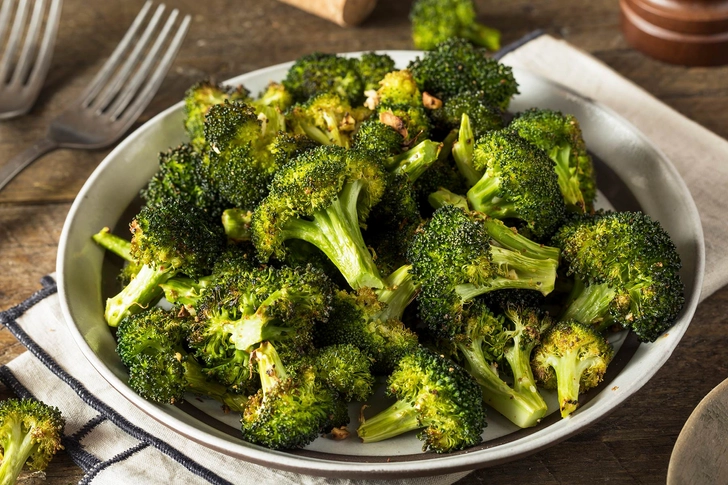
Broccoli
Add lots of veggies to your diet if you want to keep your liver healthy. Broccoli can be part of this strategy. Some studies suggest this crunchy food can help protect you from metabolic dysfunction-associated steatotic liver disease (MASLD) which is when fat builds up in your liver. (It used to be called nonalcoholic fatty liver disease (NAFLD)). If steamed broccoli sounds a little too blah, shred it into a slaw and toss it with sliced almonds, dried cranberries, and a tangy vinaigrette. It's also delicious roasted with garlic and a splash of balsamic vinegar.

Coffee
If you can't make it through the day without it, you'll be glad to hear that it may have some benefits for your liver. Studies show that drinking two to three cups a day may help protect your liver from damage caused by too much alcohol or an unhealthy diet. Some research suggests it may lower your risk of liver cancer.
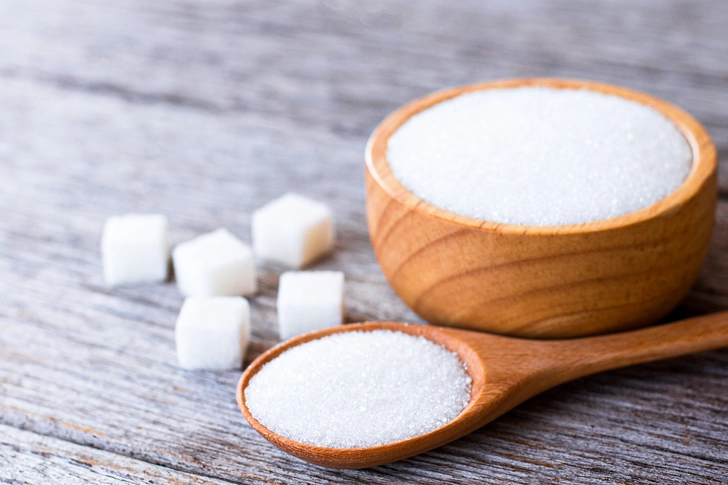
Ease Up on Sugar
Too much of the sweet stuff can take a toll on your liver. That's because part of its job is to convert sugar into fat. If you overdo it, your liver makes too much fat, which ends up hanging around where it doesn't belong. In the long run, you could get a condition like metabolic dysfunction-associated steatotic liver disease (MASLD). So do your liver a favor and make sweets an occasional treat.
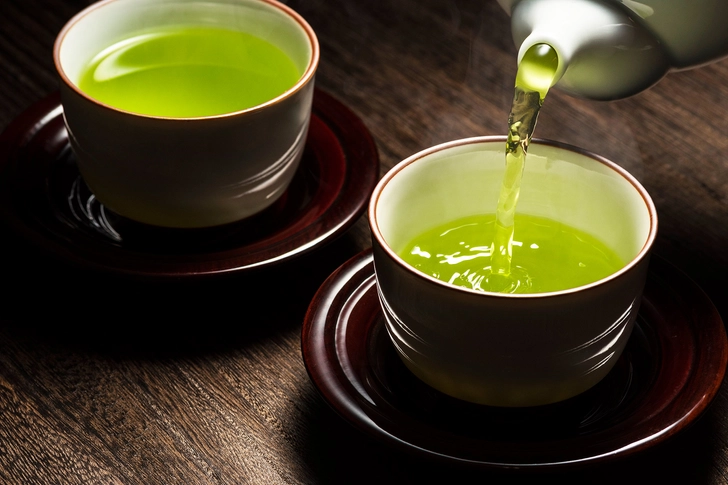
Green Tea
It's brimming with a type of antioxidant called catechins. Research suggests it may protect against some forms of cancer, including liver. You'll get more catechins if you brew tea yourself and drink it hot. Iced tea and ready-to-drink green teas have much lower levels. But keep it in moderation and avoid the extract form. Green tea extract and (rarely) even very large amounts of green tea have been linked with liver injury and liver failure.

Water
One of the best things you can do for your liver is keep a healthy weight. Get in the habit of drinking water instead of sweetened drinks like sodas or sports drinks. While these drinks can be fun once in a while, they have a lot of extra calories. It's best to opt for water. Drinking more water can also help you avoid dehydration and allow for your liver to function better.

Almonds
Nuts -- especially these -- are good sources of vitamin E, a nutrient that research suggests may help protect against metabolic dysfunction-associated steatotic liver disease (MASLD). Almonds are good for your heart, too, so grab a handful the next time you feel like snacking. Or try them in salads, where they add a nice crunch.
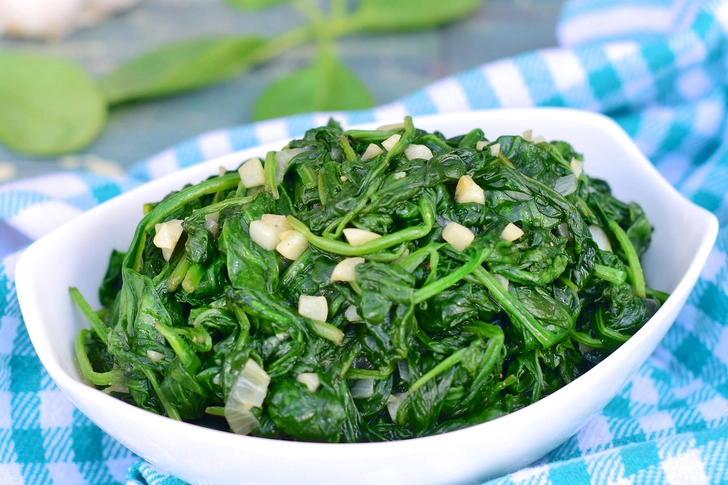
Spinach
Leafy greens have a powerful antioxidant called glutathione, which can help keep your liver working right. And spinach couldn't be easier to prepare. It makes a great base for a dinner salad, and it's also delicious sauteed with garlic and olive oil. When it's wilted, top it with a dusting of fresh parmesan.
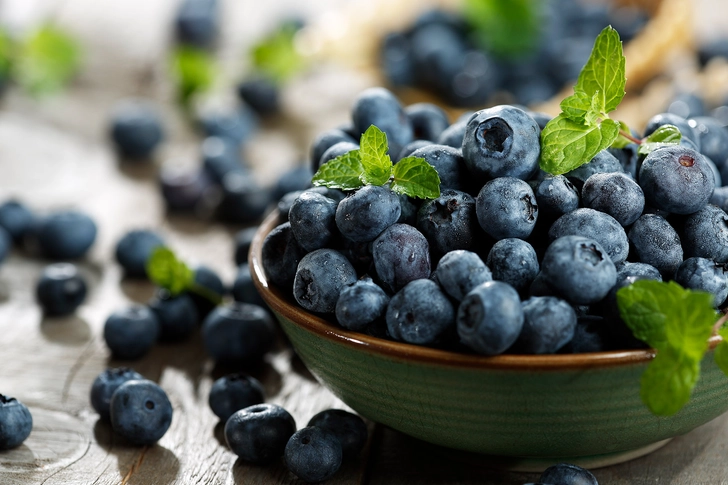
Blueberries
They've got nutrients in them called polyphenols that may help protect you against metabolic dysfunction-associated steatotic liver disease (MASLD), which often goes hand in hand with obesity and high cholesterol. If blueberries aren't your thing, other foods rich in polyphenols include dark chocolate, olives, and plums.

Limit Your Alcohol
Drinking too much can wreak havoc on your liver. Over time it can lead to cirrhosis. Even occasional binge drinking -- four drinks in one sitting for women and five for men -- can be harmful, too. Try to limit yourself to one drink a day if you're a woman or two a day if you're a man. Ask your doctor about alcohol and your liver health. Depending on the state of your liver, they may suggest that you cut out alcohol completely.
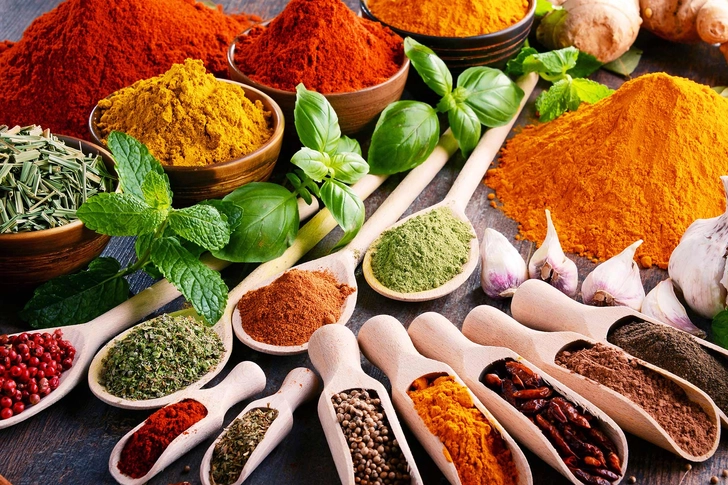
Herbs and Spices
Want to protect your liver and your heart at the same time? Sprinkle on some oregano, sage, or rosemary. They're a good source of healthy polyphenols. An extra benefit: They help you cut back on salt in many recipes. Cinnamon, curry powder, and cumin are good ones to try, too.
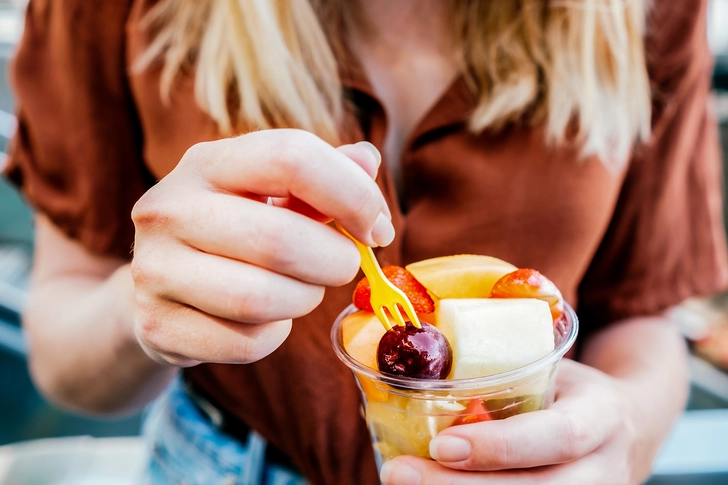
Limit Packaged Snack Foods
Next time you feel the call of the vending machine, reach for a more nutritious snack instead. The problem with chips and baked goods is that they're usually loaded with sugar, salt, and fat. Cutting back is a relatively easy diet tweak with a little planning. One good strategy: Bring a stash of less processed snacks with you to work. Try an apple with a single-serve packet of nut butter, or sugar snap peas with a mini-cup of hummus.
IMAGES PROVIDED BY:
1) Arx0nt / Getty Images
2) bhofack2 / Getty Images
3) bhofack2 / Getty Images
4) jacqueline harriet, photographer / Getty Images
5) Everyday better to do everything you love / Getty Images
6) kuppa_rock / Getty Images
7) Uwe Krejci / Getty Images
8) gerenme / Getty Images
9) AmalliaEka / Getty Images
10) bernie_photo / Getty Images
11) Dulin / Getty Images
12) monticelllo / Getty Images
13) Dzmat / Getty Images
SOURCES:
American Chemical Society: "Too much salt could potentially contribute to liver damage."
American Liver Foundation: "Liver Wellness,""Non-Alcoholic Fatty Liver Disease," "So, What Healthy Foods Should You Eat?"
ResearchGate: "Foods for Human Nutrition."
College of Agricultural, Consumer, and Environmental Sciences: "Study Shows Broccoli May Offer Protection Against Liver Cancer."
European Journal of Clinical Nutrition:"Identification of the 100 richest dietary sources of polyphenols."
Harvard Health Publications: "Abundance of fructose not good for the liver, heart," "The Big Benefits of Plain Water."
Mayo Clinic: "Nonalcoholic Fatty Liver Disease: Overview."
National Institute on Alcohol Abuse and Alcoholism: "Drinking Levels Defined."
Open Chemistry Database: "Glutathione."
Proceedings of the Nutrition Society: "Polyphenols and non-alcoholic fatty liver disease: impact and mechanisms."
New England Journal of Medicine: "Pioglitazone, Vitamin E, or Placebo for Nonalcoholic Steatohepatitis."
Journal of Clinical and Experimental Hepatology: "Coffee and Liver Disease."
Plant Foods for Human Nutrition:"Oat prevents obesity and abdominal fat distribution, and improves liver function in humans."